Pam Knox
-
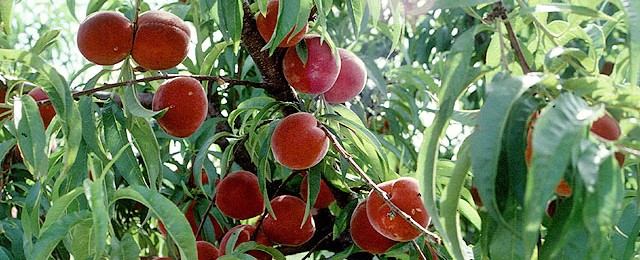
Capital Public Radio posted a story today about one impact of the California drought on local fruit. Because less water is getting to each tree, the sugars in the fruit are more highly concentrated than usual. The fruit is also smaller because abnormally warm temperatures have helped the fruit mature faster, leading to less days…
-
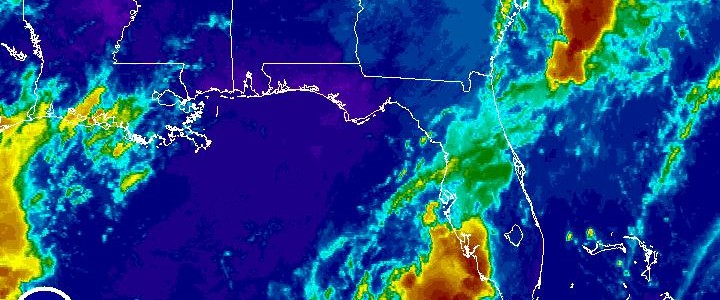
As expected, the remains of Tropical Storm Erika are moving to the north on the west side of the Florida peninsula. The latest radar shows the blob of moisture entering the southwest portion of the state. This area of enhanced moisture is expected to continue north and should affect southeast Georgia and South Carolina by…
-

Estimates of the agricultural losses in Puerto Rico continue to rise following the passage of Tropical Storm Erika a few days ago. The current estimates are for losses in excess of $20 million. Caribbean Business reported here that the most damaged crops, particularly due to Erika’s winds, are plantains and bananas, while losses have also been…
-
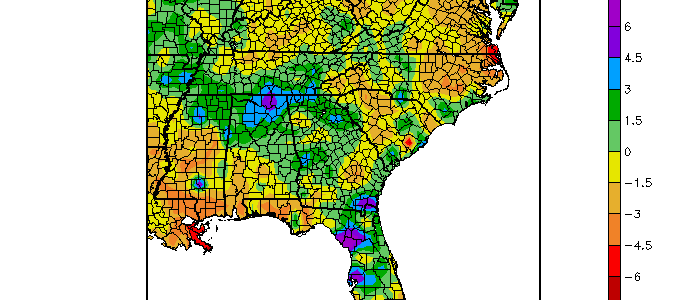
It’s almost the end of the month, so let’s take a look at how the month is trending in temperature and precipitation. These preliminary maps from the High Plains Regional Climate Center show that temperature was above normal for most of the Southeast with the exception of peninsular Florida and northern Alabama. Precipitation varied…
Posted in: Climate summaries -
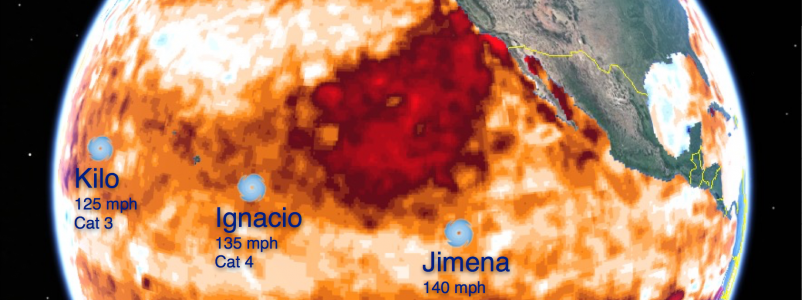
My friend Chris Robbins has a great post on the string of hurricanes that is moving through the eastern and central Pacific Ocean today in his blog at iweathernet.com. You can read it and see some images of all the storms at https://www.iweathernet.com/tropical/historic-hurricane-outbreak-in-central-eastern-pacific. The unusually warm water associated with both the “blob” of warm water that…
-
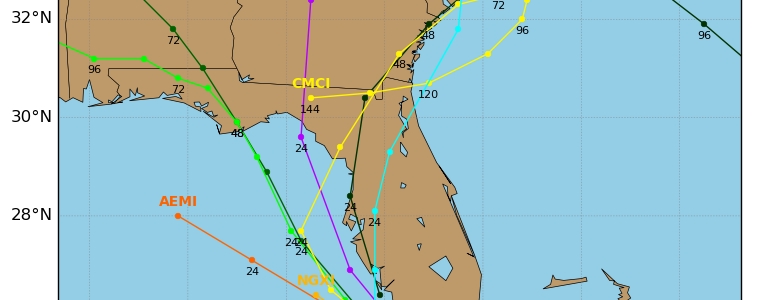
The latest forecasts show that Erika is not likely to return from the dead and become a tropical storm again, but the moisture is still there and will bring lots of rain to Florida and southeastern Georgia. The remains are now known as investigation 90L and the model runs for where it goes are shown…
-
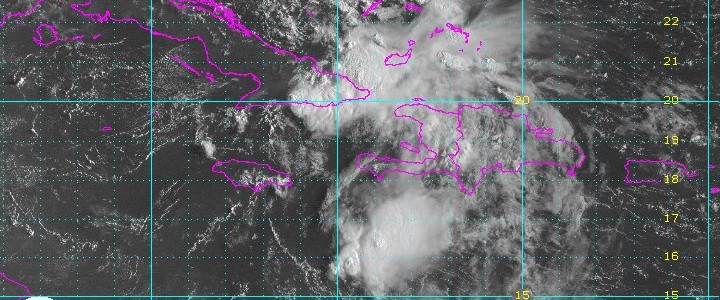
The National Hurricane Center reported this morning that Erika no longer has a closed low pressure center and is in the process of dissipating. The combination of wind shear and the mountains of Hispaniola knocked the socks off the already weak circulation. But the remnants of Erika will continue to move along the projected path…